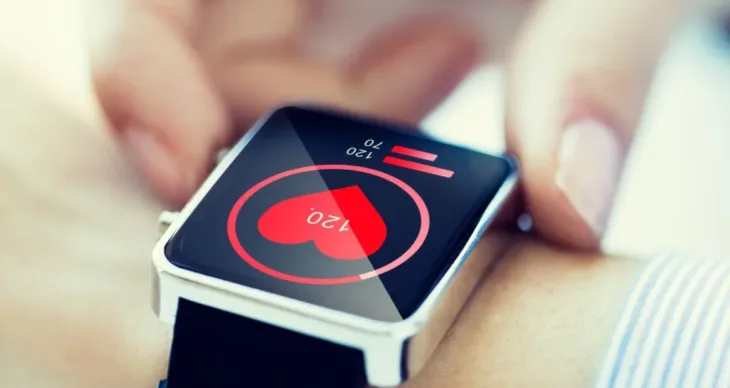Wearable technology isn’t just about tracking your daily activities and workouts. It’s also a powerful tool for preventative health care.
Many modern wearables come equipped with features that monitor health metrics and alert you to potential health issues, helping you stay one step ahead in maintaining your well-being.
Whether you’re a fitness enthusiast or someone just looking to take a more proactive approach to your health, the latest in wearable technology offers comprehensive health monitoring capabilities. These devices empower us to take control of our health in ways we never thought possible.
Health Alerts: Your First Line of Defense
Imagine having a vigilant guardian on your wrist that monitors your heart rate for irregularities or keeps an eye on your blood oxygen levels. Devices like the Apple Watch and certain Fitbit models can detect signs that may warrant a closer look, such as unexpected changes in heart rhythm, which could indicate atrial fibrillation.
They can also track respiratory rates and can alert you to potential sleep disturbances. These alerts prompt users to seek medical advice early, which can be crucial in preventing more serious health issues.
Moreover, some wearables can detect falls and send immediate alerts to emergency contacts, a feature incredibly beneficial for older adults or individuals with conditions that put them at risk of falls. This proactive approach ensures that wearables aren’t just fitness trackers but integral tools in health monitoring and crisis prevention.
Integrating Wearable Data with Electronic Health Records (EHR)
The potential of wearables extends into the realm of patient care through their integration with electronic health records (EHR). When the data collected by a wearable—be it heart rate, activity levels, sleep patterns, or even electrocardiogram readings—is combined with a patient’s medical records, healthcare providers can gain a more holistic view of the patient’s health.
5 Benefits of Integration
- Comprehensive Health Monitoring: Continuous data from wearables provides doctors with insights that periodic health check-ups might miss. This ongoing stream of information can be critical for managing chronic conditions, adjusting medications, or even noticing symptoms before they become problematic.
- Personalized Patient Care: With more precise data, healthcare providers can tailor treatments and interventions specifically to the patient’s current needs, which can improve the effectiveness of treatment plans.
- Improved Patient Engagement: When patients can see their health data integrated into their medical records and observe how their lifestyle impacts their health, they’re may be more likely to be engaged in managing their health. This engagement can lead to better adherence to treatment plans and lifestyle recommendations.
- Early Detection and Prevention: The integration of wearable data can help in the early detection of potential health issues, which is key in preventive health care. For example, if a wearable detects early signs of heart failure, treatment can start much sooner.
- Streamlined Communication: Having all data in one place makes it easier for various healthcare providers to access and share information, leading to more coordinated care and better health outcomes.
Wearables are transforming not just how individuals monitor their own health but also how healthcare providers interact with and treat their patients. By alerting users to potential health issues and integrating valuable health data into electronic health records, wearables are playing a pivotal role in advancing preventative care and enhancing patient care.
These devices are proving to be invaluable tools in the quest for a healthier society, offering both personal and medical benefits that were once difficult to achieve.
As we explore how wearables contribute to preventative health care, it’s also vital to consider how the continuous feedback from these devices can foster behavioral changes, leading to long-term improvements in our overall well-being.
By Admin –




